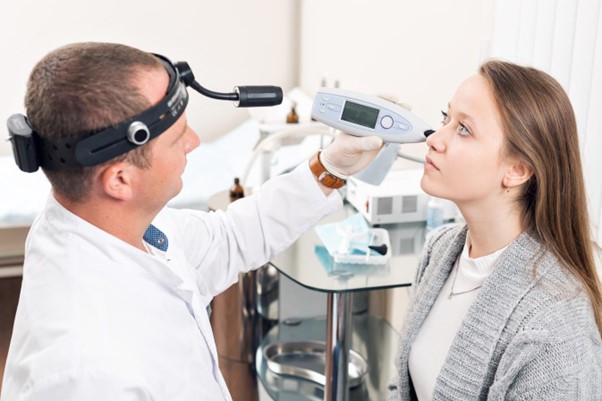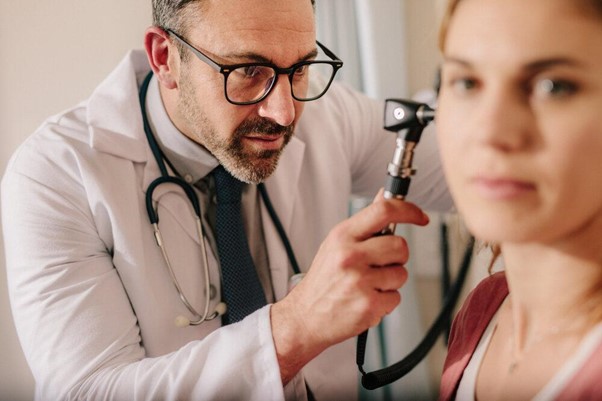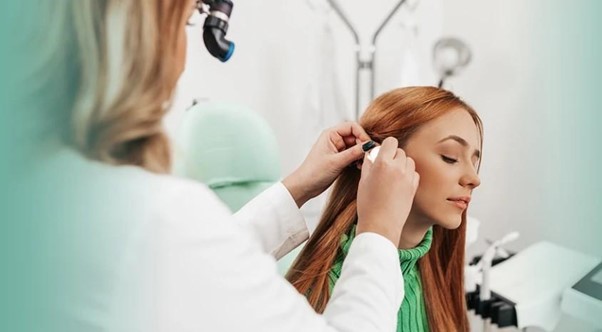Choosing the Right ENT Specialist: What to Consider

When it comes to health concerns involving the ear, nose, and throat (ENT), the expertise of a specialist is often needed. Whether you’re dealing with a persistent sinus infection, hearing loss, or issues with your voice, an ENT specialist, also known as an otolaryngologist, can offer you comprehensive care.
Selecting the right ENT specialist is crucial in ensuring you receive the best possible treatment and advice for your condition. Here are key factors to consider when making this important choice.
1. Credentials and Training
Board Certification
Board certification is a testament to the doctor’s commitment to the field. It assures that the specialist has received the proper training and has passed rigorous exams conducted by the American Board of Otolaryngology or equivalent bodies.
Medical School and Residency
Investigate where the ENT specialist trained and completed their residency. Renowned medical institutions often provide superior training.
Fellowships and Advanced Training
Fellowships in subspecialties, such as pediatric otolaryngology or facial plastic surgery, indicate additional expertise and a high level of commitment to a specific area.
2. Experience and Expertise
Years in Practice

An ENT specialist who has been in practice for several years may have a broader range of experiences. However, this is not to discount newer practitioners who may be versed in the latest techniques and technologies.
Specialization
Some ENT specialists focus on specific areas within their field. For instance, if you have a voice disorder, you may want to see a laryngologist who specializes in voice and throat problems.
Surgical Experience
If your condition may require surgery, inquire about the ENT’s surgical experience, including the number of performed procedures and success rates.
3. Reputation and Recommendations
Patient Reviews
Read patient testimonials and reviews on medical platforms. While one bad review does not necessarily indicate a problem, a pattern of similar complaints might be a red flag.
Professional Recognition
Look for any awards, recognitions, or leadership positions within professional organizations, which can indicate respect among peers in the medical community.
Referrals
Ask your primary care physician or other healthcare professionals for referrals. They can often recommend specialists with whom they’ve had positive professional interactions.
4. Communication and Comfort
Approachability

The ENT specialist should be someone you feel comfortable speaking with openly. Good communication is vital to effective care.
Listening Skills
A good doctor should listen to your concerns, symptoms, and history without rushing to conclusions.
Clarity of Explanation
The ability to explain complex medical information in understandable terms is an important trait of a healthcare provider.
Empathy
Choose a doctor who demonstrates empathy and understanding of your concerns and is committed to your overall well-being.

5. Accessibility and Convenience
Office Location
Consider the convenience of the specialist’s office location. Proximity can be especially important if you need to make frequent visits.
Office Hours
Look for a specialist whose office hours align with your schedule. Some ENT doctors offer evening or weekend hours for added convenience.
Emergency Availability
Inquire about the procedures for emergency situations. Knowing how to reach your ENT specialist in an urgent scenario is important.
Hospital Affiliation
Check which hospitals the ENT specialist is affiliated with. This can be important if you require hospital-based procedures or surgery.
6. Comprehensive Care and Facilities
Range of Services
Ensure the specialist’s office provides a wide range of ENT services and treatments. Integrated care is beneficial for complex ENT issues.
Diagnostic Facilities
Choose a specialist who has access to advanced diagnostic tools, such as in-office CT scanners or state-of-the-art audiology equipment.

Treatment Options
Look for a specialist who offers a variety of treatment options, including the latest innovations in ENT care.
7. Insurance and Costs
Insurance Coverage
Verify that the ENT specialist accepts your health insurance plan. Unexpected medical bills can be a significant burden.
Transparency
A trustworthy ENT specialist will be upfront about costs and work with you to understand what is covered by insurance and what is not.
8. Follow-Up Care and Support
Post-Procedure Care
Find out about the follow-up care process. Continuity of care is essential, especially after surgical procedures.
Support Services

A good ENT specialist’s office will offer support services, such as help with insurance claims or connecting with support groups.
Referral Network
An established network for referrals means that if you need to see another type of specialist, your ENT doctor can guide you to the right professional.
9. Technology and Techniques
Adoption of New Technology
The field of medicine is ever-evolving. Select a specialist who stays current with the latest technological advancements in ENT care.
Minimally Invasive Options
Whenever possible, it’s beneficial to choose a specialist skilled in minimally invasive procedures, which often have faster recovery times and less risk.
Conclusion
Choosing the right ENT specialist involves a balance of professional expertise, personal comfort, and practical considerations. It’s important to conduct thorough research, seek referrals, and communicate with potential specialists before making your decision.
Remember, the goal is to find a healthcare partner who will not only address your immediate ENT concerns but also support your long-term health and wellness. Visit ENT Clinic Mount Elizabeth today.
Take the time to consider these factors carefully, and you will be well on your way to establishing a successful and beneficial relationship with the right ENT specialist for you.
Choosing the Right ENT Specialist: What to Consider Read More »







